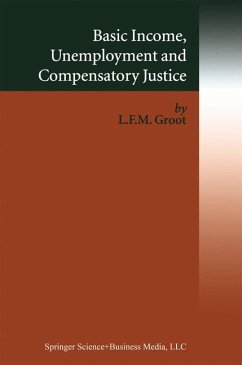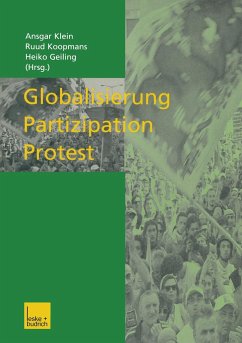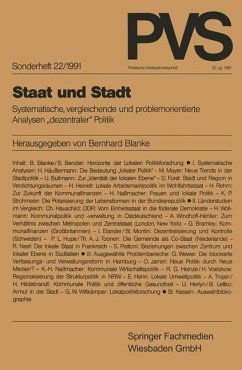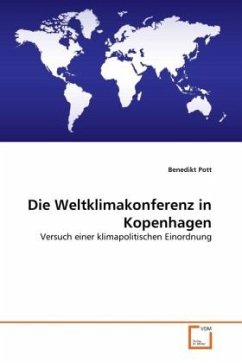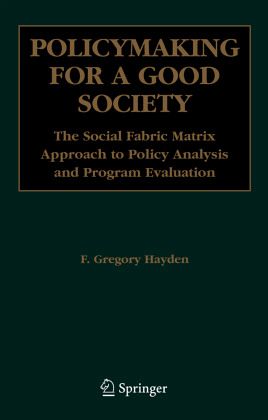
Policymaking for a Good Society
The Social Fabric Matrix Approach to Policy Analysis and Program Evaluation
Versandkostenfrei!
Versandfertig in 6-10 Tagen
136,99 €
inkl. MwSt.
Weitere Ausgaben:

PAYBACK Punkte
68 °P sammeln!
Society, ecological systems, and technological combinations are sets of ongoing processes that are organized as integrated systems and networks. Consequently, real-world problems-whether labeled social, economic, environmental, or technical-are a result of the ongoing processes that organize and coordinate integrated parts to make undesirable deliveries to each other. Furthermore, the processes are guided by numerous policies and concomitant rules, regulations, requirements, and enforced behavioral patterns. Therefore, there is no reason to expect processes to change or problems to be solved w...
Society, ecological systems, and technological combinations are sets of ongoing processes that are organized as integrated systems and networks. Consequently, real-world problems-whether labeled social, economic, environmental, or technical-are a result of the ongoing processes that organize and coordinate integrated parts to make undesirable deliveries to each other. Furthermore, the processes are guided by numerous policies and concomitant rules, regulations, requirements, and enforced behavioral patterns. Therefore, there is no reason to expect processes to change or problems to be solved without policy changes. The processes are ongoing, so changes in undesirable deliveries are dependent on changes in policies. One premise of this book is that too often policy analysis is conducted with knowledge bases and tools that are not appropriate for the task of analyzing and understanding complex socioecological and sociotechnical systems leading to wasted resources, policy failure, and frustration. The conjunction of the complexity of problem contexts and inappropriate policymaking that follows from insufficient analysis has left citizens frustrated and bewildered. Citizens want problems solved, yet they have lost faith in the ability of policymakers to implement solutions necessary to achieve a good society. Another premise is that it is not necessary to continue down that destructive path. In response, the purpose of this book, briefly stated, is to explain how to model, analyze, and make policy for the social fabric in which society's problems are enmeshed.





